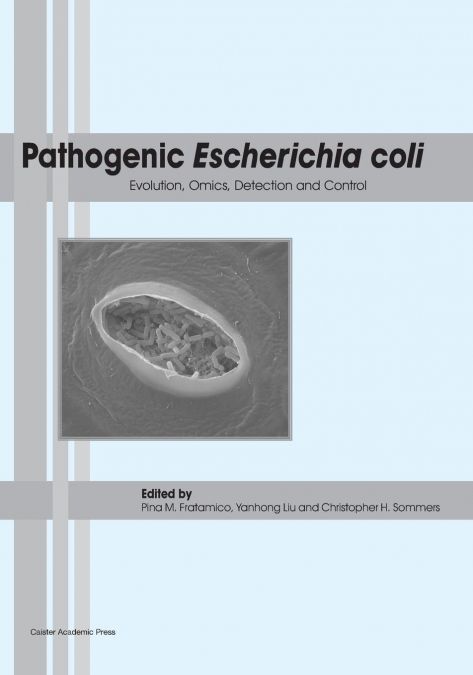
Escherichia coli is an important member of the normal healthy microbiome of humans and other mammals. In addition, some strains are thought to be probiotic, and therefore beneficial to the host. However, other strains of E. coli have evolved into highly versatile, and frequently deadly, pathogens: the resultant diseases causing significant economic loss and public health burdens worldwide. Recent studies have shown that the E. coli genome has a high plasticity allowing it to adapt to new niches and survive in stressful conditions and to evolve into new hybrid strains with shared genes, including virulence genes. Omics and whole genome sequencing approaches have transformed research in this field allowing fascinating new insights into the molecular and cellular biology of the bacterium thus paving the way for the development of novel therapeutic strategies.Under the expert guidance of the editors in this book, renowned international authors provide timely and up-to-date reviews of current cutting-edge E. coli omics, molecular- and cellular-biology research. Topics range from E. coli genome plasticity and evolution to the application of omics technologies for in silico modeling to understand stress-triggered physiological responses. This authoritative volume is essential reading for scientists, both experts and students, working on pathogenic E. coli in academia, government, and biotechnology companies. It is also a must-read for anyone with an interest in bacterial pathogenesis and an important acquisition for all microbiology libraries.